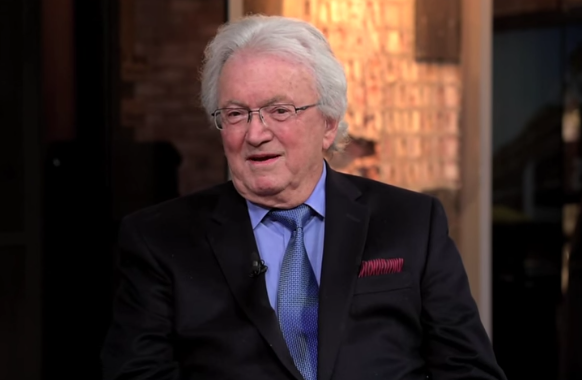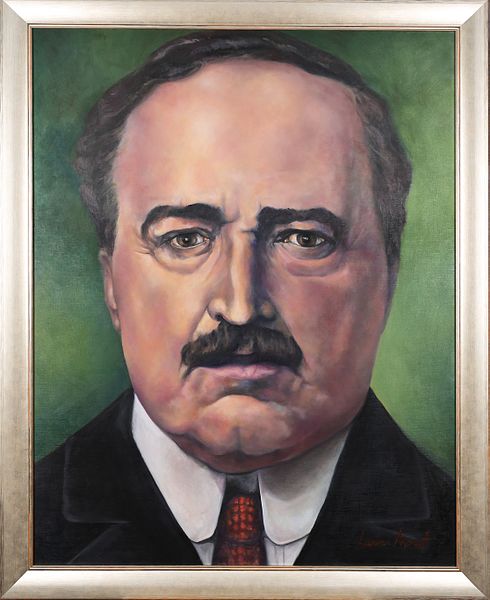
Vicente Blasco Ibáñez (born January 29, 1867) – Spanish novelist – Blood and Sand (1908)
Read about Vicente Blasco Ibáñez here and (in Spanish) here
Upon his election to the Cortes -- Spain's national parliamentary assembly— Blasco Ibáñez naturally turned in his novels to a consideration of political and social themes. Beginning with La Catedral (The Shadow of the Cathedral), one of the most powerful modern documents of its kind, he took up in successive novels the treatment of such vital subjects as the relation of Church to State, the degrading and backward influence of drunkenness, the problem of the Jesuits, the brutality and psychology of the bull-fight. In all of these works the writer is characterized by fearlessness, passion and even vehemence; yet his ardor is not so strung as to lead him into conscious unfairness. A fiery advocate of the lowly, he yet can cast their shortcomings into their teeth; they, in their ignorance, are accomplices in their own degradation, partners in the crimes that oppress them.
[from the Introduction to Blood and Sand, page vi]
Read about Torrent, Greta Garbo's first U.S. film (1926), which is based on Blasco Ibanez' novel The Torrent (Entre Naranjos)
http://en.wikipedia.org/wiki/Torrent_%281926_film%29
Read The Torrent online at Project Gutenberg
http://www.gutenberg.org/ebooks/11674
The patch of sunlight that shone through the doorway upon the flagstones was darkened by the shadow of a woman. It was a poorly clad orchard worker, young, it seemed, but with a face pale, and as rough as wrinkled paper, all the crevices and hollows of her cranium showing, her eyes sunken and dull, her unkempt hair escaping from beneath her knotted kerchief. She was barefoot, carrying her shoes in her hand. She stood with her legs wide apart, as if in an effort to keep her balance. She seemed to feel intense pain whenever she stepped upon the ground. Illness and poverty were written on every feature of her person.
The recluse knew her well; and as the unfortunate creature, panting with the effort of the climb, sank upon a little bench to rest her feet, he told her story briefly to the visitors. She was ill, very, very ill. With no faith in doctors, who, according to her, "treated her with nothing but words"; she believed that the Virgin del Lluch would ultimately cure her. And, though at home she could scarcely move from her chair and was always being scolded by her husband for neglecting the housework, every week she would climb the steep mountain-side, barefoot, her shoes in her hand.
The hermit approached the sick woman, accepting a copper coin she offered. A few couplets to the Virgin, as usual, he supposed!
"Visanteta, a few gochos!" shouted the rustic, going to the door. And his daughter came into the chapel—a dirty, dark-skinned creature with African eyes, who might just have escaped from a gipsy band. She took a seat upon a bench, turning her back upon the Virgin with the bored ill-humored expression of a person compelled to do a dull task day after day; and in a hoarse, harsh, almost frantic voice, which echoed deafeningly in that small enclosure, she began a drawling chant that rehearsed the story of the statue and the portentous miracles it had wrought.
The sick woman, kneeling before the altar without releasing her hold upon her shoes, the heels of her feet, which were bruised and bleeding from the stones, showing from under her skirts, repeated a refrain at the end of each stanza, imploring the protection of the Virgin. Her voice had a weak and hollow sound, like the wail of a child. Her sunken eyes, misty with tears, were fixed upon the Virgin with a dolorous expression of supplication. Her words came more tremulous and more distant at each couplet.
The beautiful stranger was plainly affected at the pitiful sight. Her maid had knelt and was following the sing-song rhythm of the chant, with prayers in a language that Rafael recognized at last. It was Italian.
"What a great thing faith is!" the lady murmured with a sigh.
"Yes, señora; a beautiful thing!"
Rafael tried to think of something "brilliant" on the grandeur of faith, from Saint Thomas, or one of the other "sound" authors he had studied. But he ransacked his memory in vain. Nothing! That charming woman had filled his mind with thoughts far other than quotations from the Fathers!
The couplets to the Virgin came to an end. With the last stanza the wild singer disappeared; and the sick woman, after several abortive efforts, rose painfully to her feet.
[from The Torrent]
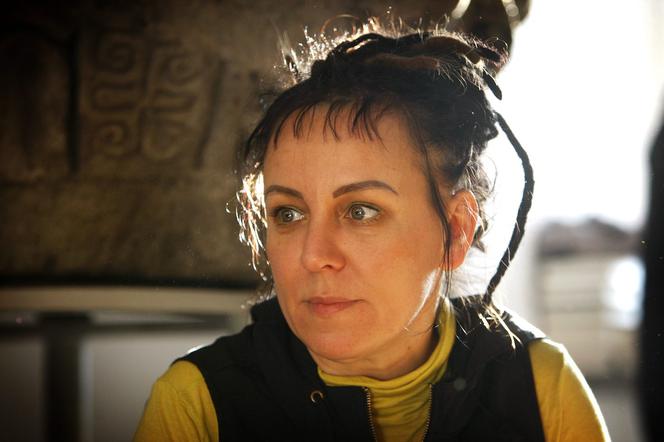
Olga Tokarczuk (born January 29, 1962) Polish novelist, poet, activist - Flights (2009; translation, 2017)
Read about Tokarczuk's delayed winning of the 2018 Nobel Prize
here and here
Listen to Olga Tokarczuk explain the background to her book Flight:
https://podbay.fm/podcast/597491563/e/1570784400
Olga Tokarczuk discusses her writing, specifically The Books of Jacob
(English translation available 2022)
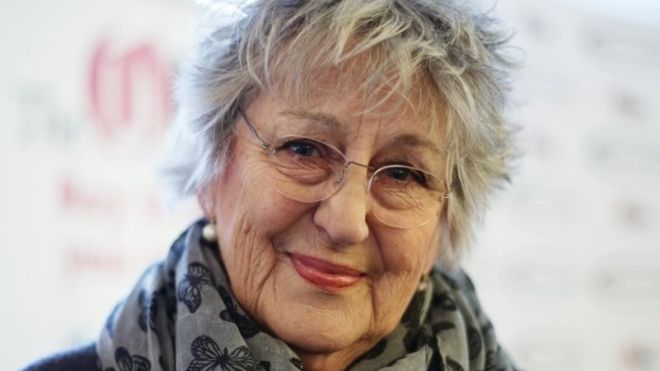
Germaine Greer (born January 29, 1939) - Australian feminist and cultural commentator - The Change: Women, Ageing, and the Menopause (1991)
Germaine Greer in 1972
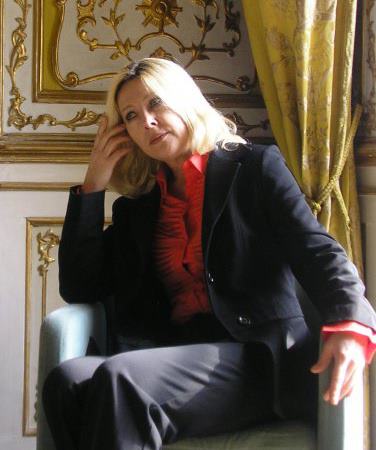
Grazyna Miller (born January 29, 1957) – Polish-Italian poet, translator
Read Miller's poem "Country of Love" (English translation) here
And I, here to take in the old land beauty and love call to me. Lost souls find refuge here – spirits parched for truth, violated by the lies of history.
Land of motherly welcome – comfort an exiled heart; land with shores bathed in the light of freedom – hope for a better reality.
Sudden palingenesis!
Now, in a joyous embrace we are all roman, sicilian, milanese…
And I, here – vestal of Art, burrow in the Muse’s borderless sky, fathom the depths of my soul…
Giddy on Life.
Read more of Grazyna Miller's poems here:
http://www.poesia-creativa.it/grazyna_miller.htm
ARTE NELL'ARTE
E quando l'arte s'incarna in te le stelle esplodono - candele accese.
Il canto tenore attrae la musica e una poesia-brivido di pelle, intimidita da trepida emozione - si fa muta
e si spegne...
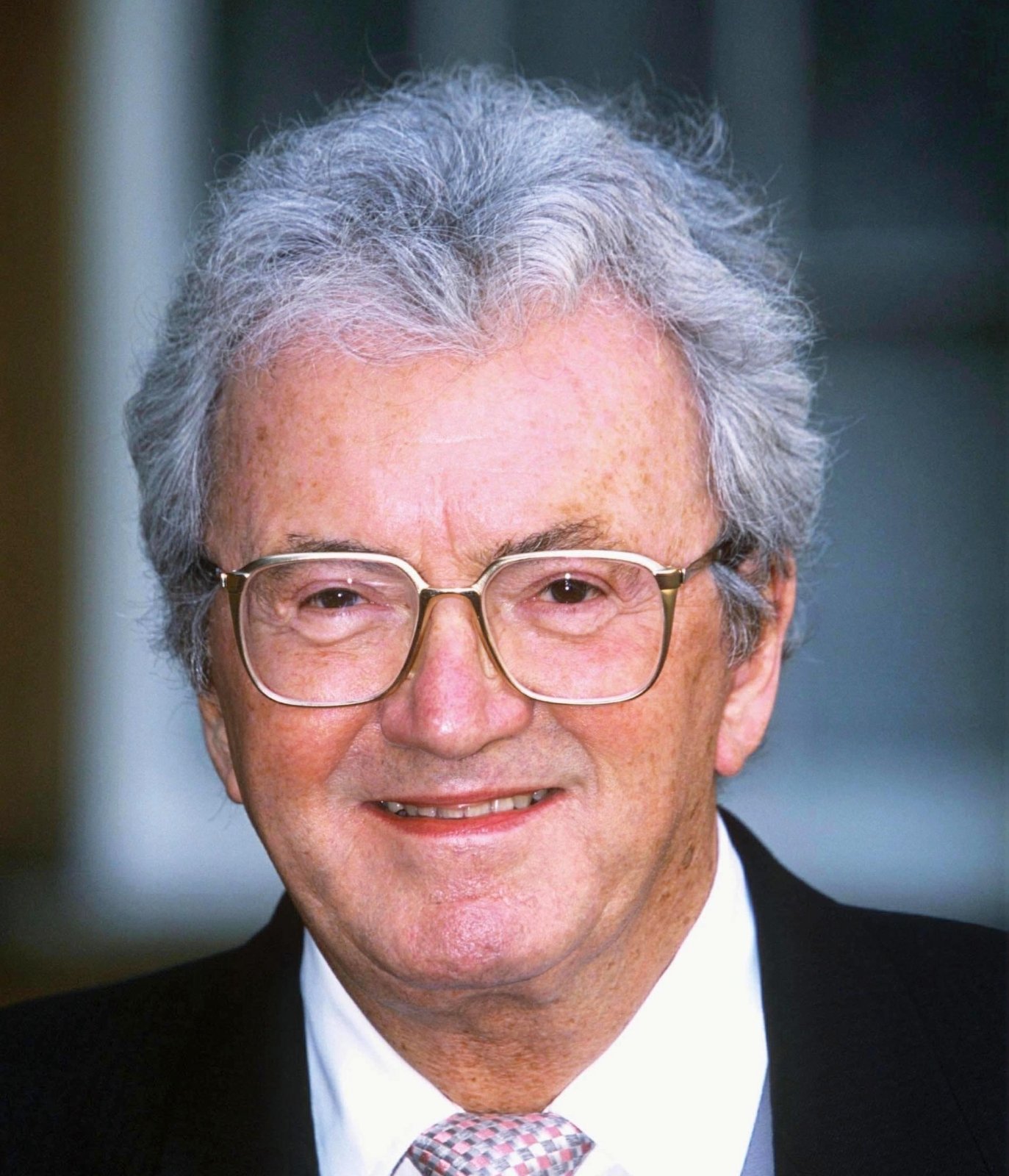
Leslie Bricusse (born January 29, 1931) – U.K. lyricist, composer, playwright – Pure Imagination: A Sorta Biography (2015)
The musicography of Leslie Bricusse
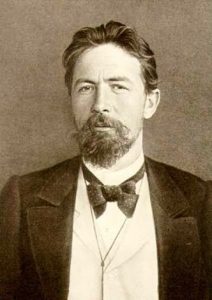
Anton (Pavlovich) Chekhov (born January 29, 1860 in the Gregorian / new calendar) – Russian playwright, short story writer – Uncle Vanya
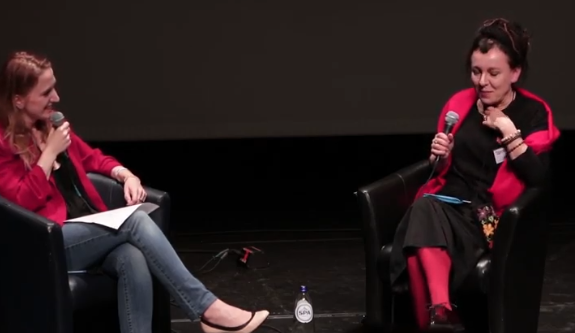
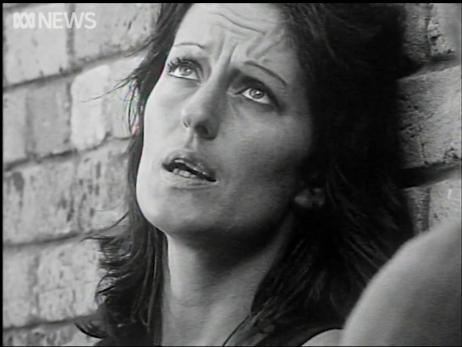 here
here